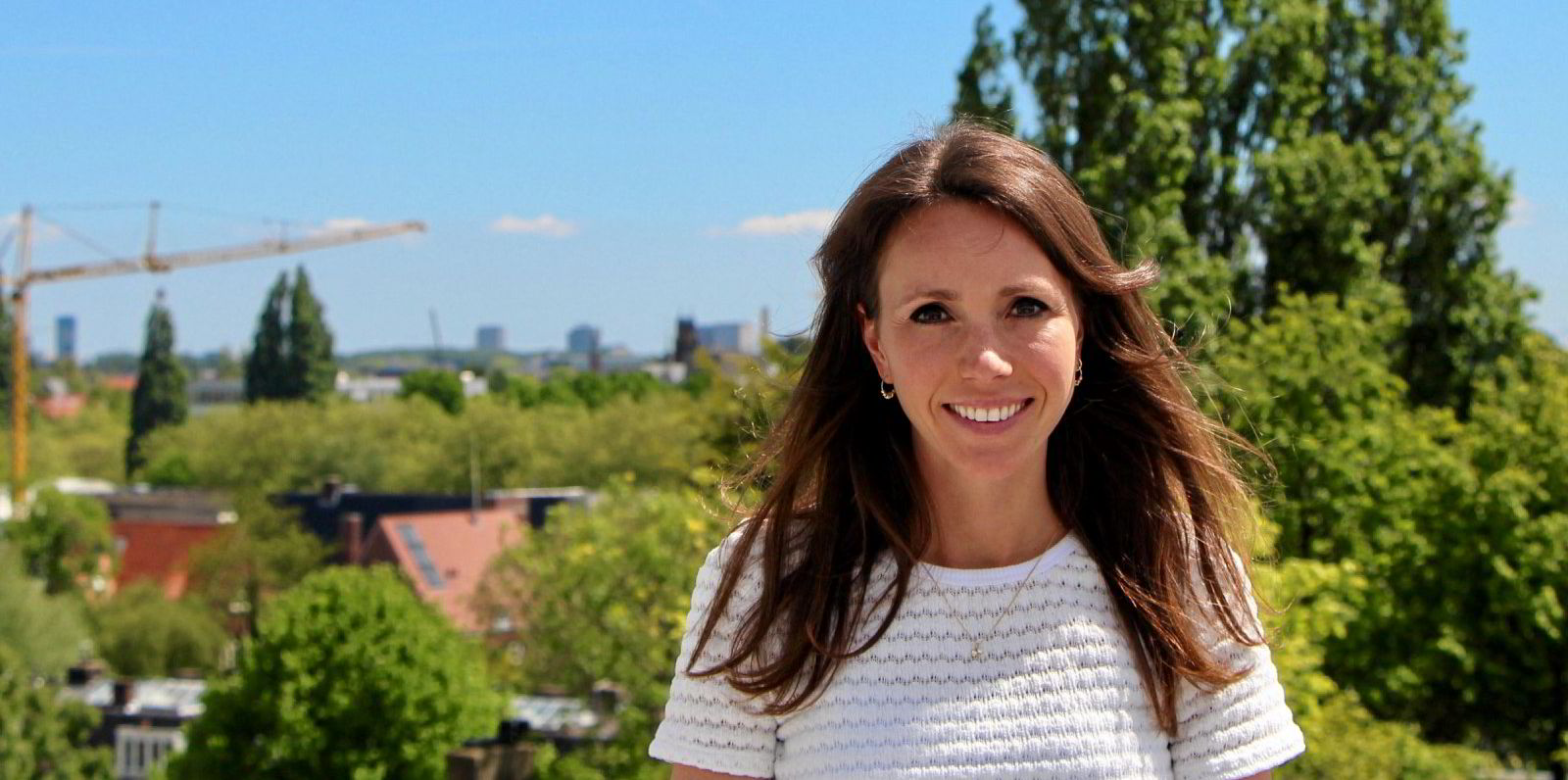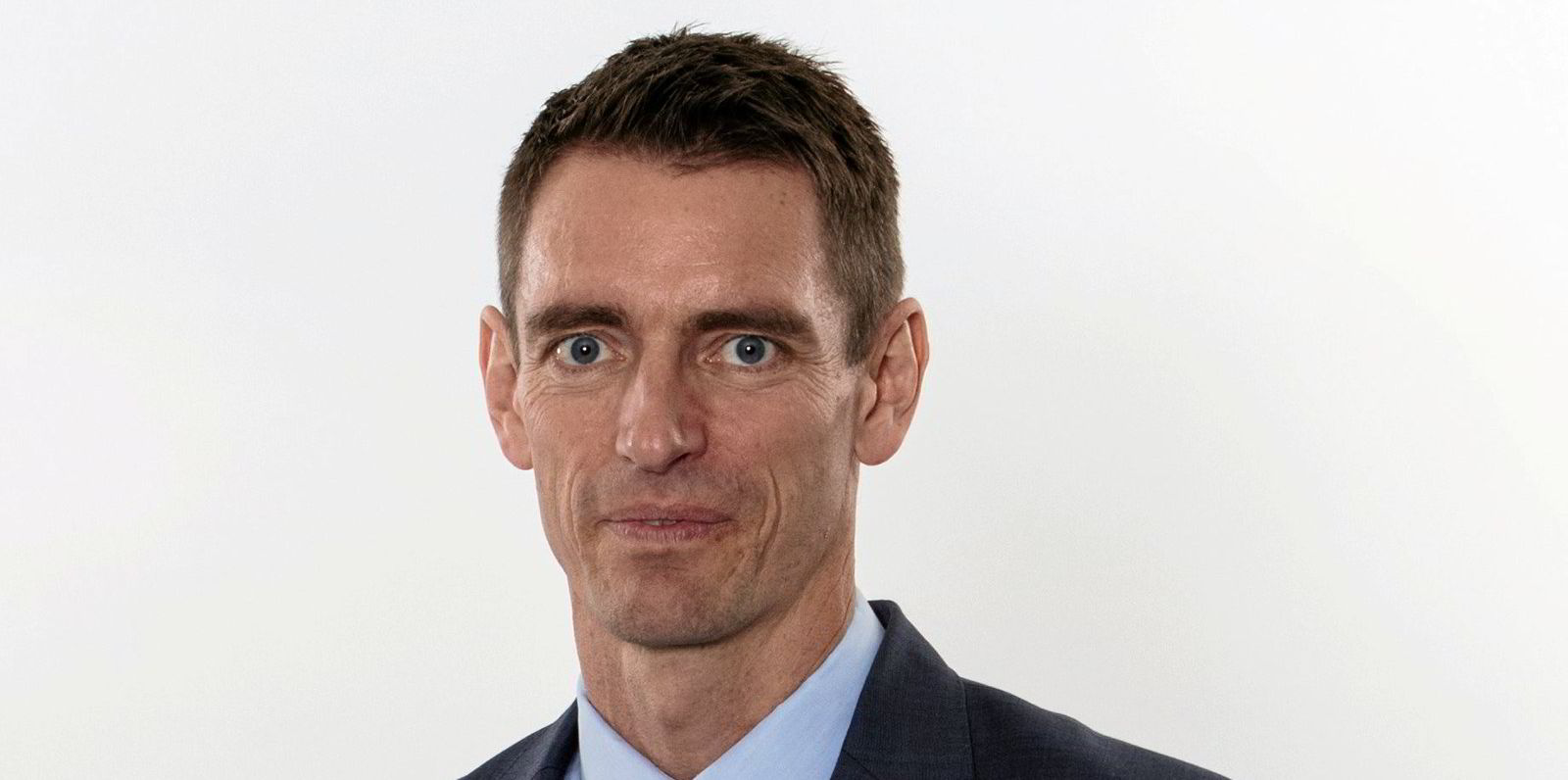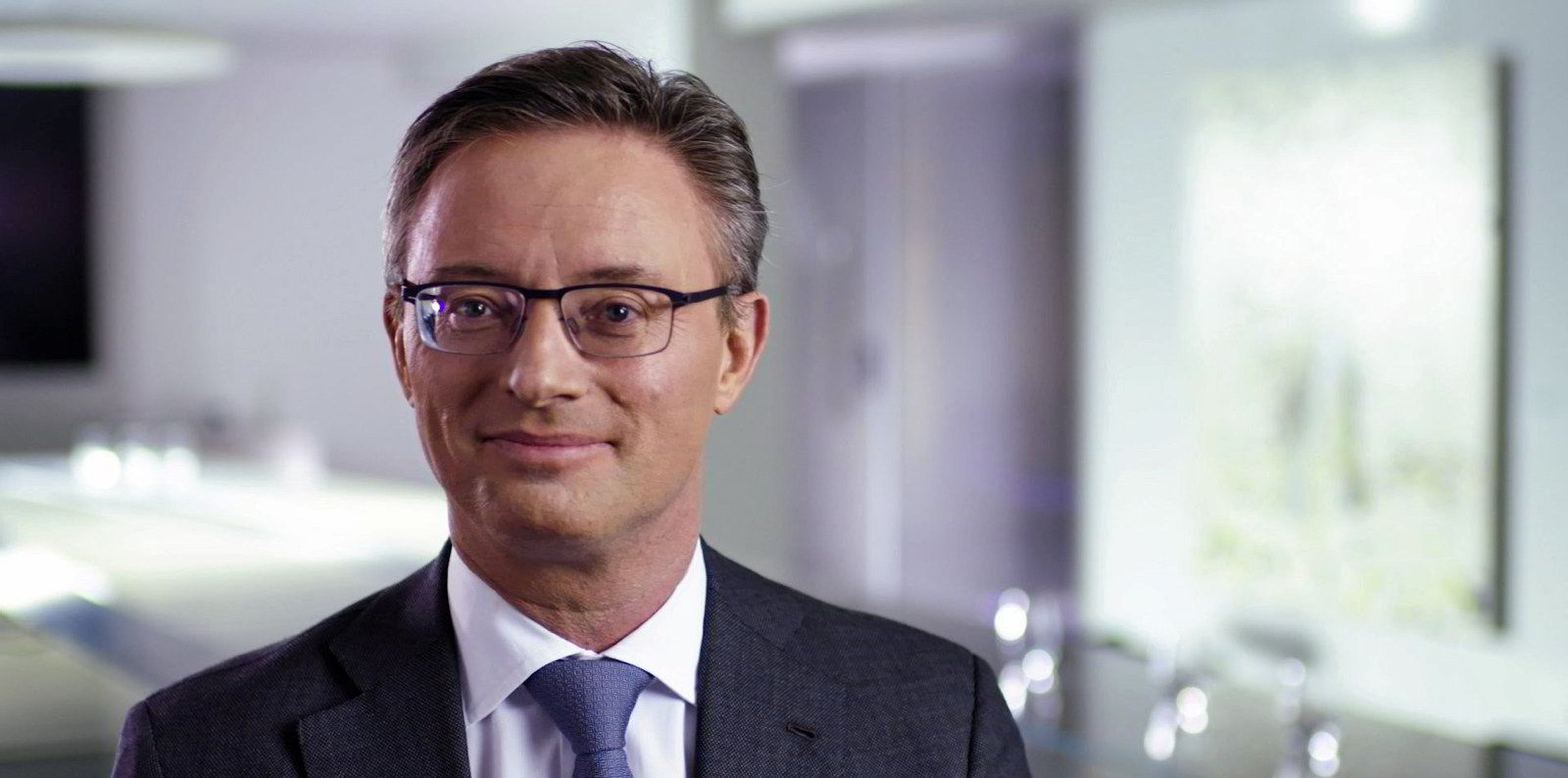US owner Eagle Bulk Shipping is a convert to the decarbonisation potential of biofuels after running a ship across the Atlantic in a first for the company.
The Stamford-based supramax and ultramax bulker company said the "fossil-free" voyage was made in partnership with Dutch fuel supplier GoodFuels.
The 63,500-dwt Sydney Eagle (built 2015) was bunkered with GoodFuels' marine biofuel for the first time during its call at Terneuzen in the Netherlands.
Eagle Bulk said it was delighted with a 90% reduction in well-to-exhaust CO2 emissions from a subsequent voyage.
The biofuel is made from certified renewable feedstocks like cooking oil and animal fats labelled as 100% waste or residue that cannot be used for any higher quality application or recycling.
The bunkers are virtually free of all SOx emissions.
Never too late
"Why now? Why not now is one answer to that," Eagle Bulk director of fleet performance Jonathan Dowsett told TradeWinds.
"We've been looking at it for most of this year; we got side-tracked on some other sustainability-related projects, but we finally got the bandwidth to get back to it, which I'm glad we did."
He argued that it is "pretty amazing" to see the momentum around decarbonisation over the last 12 to 18 months.
He mentioned the Intergovernmental Panel on Climate Change (IPPC) report with its "code red" alert for humanity, and the higher profile of shipping at the COP26 summit in Glasgow.

"We have a bunch of initiatives we're looking at, but we thought we were in a good position to execute on this biofuel trial," the fleet boss said. "Not really as early as we would have liked, but why not now?"
Dowsett explained that the Sydney Eagle sailed to Jackonsville in Florida from Terneuzen, with the crew doing preparatory work during the excursion, including changing some seals.
Then the ship headed up to Lower Cove in Canada, and the full biofuel passage then took place across the Atlantic to Ghent.
Ready to go

"It's a fantastic emissions reduction," Dowsett said. "It's really remarkable that it's something that is available right now.
"It's truly drop-in-ready from our preliminary results, it's a close to net-zero kind of solution and, maybe most interestingly and importantly, it's got the same energy density as conventional ship fuel."
The company's next move on biofuels is now the big question.
"We still need to go through the result of this first voyage," Dowsett said.
More testing needed?
"I anticipate we'll do more testing before we make a long-term strategic decision on that."
Dowsett believes it is important for the company to understand what impact the European Union's Emissions Trading System (ETS) will have on the fleet.
"It's one step at a time," he said.
Isabel Welten, chief commercial Officer at GoodFuels, said: "It's an honour to work with Eagle Bulk Shipping as a fellow passionate environmental frontrunner that is exploring an innovative and sustainable pathway to shipping's decarbonisation transition by bunkering our sustainable marine biofuels."
She added that the Eagle Bulk trial was the latest step in scaling the low-carbon solution for wider commercial use within the maritime industry.





